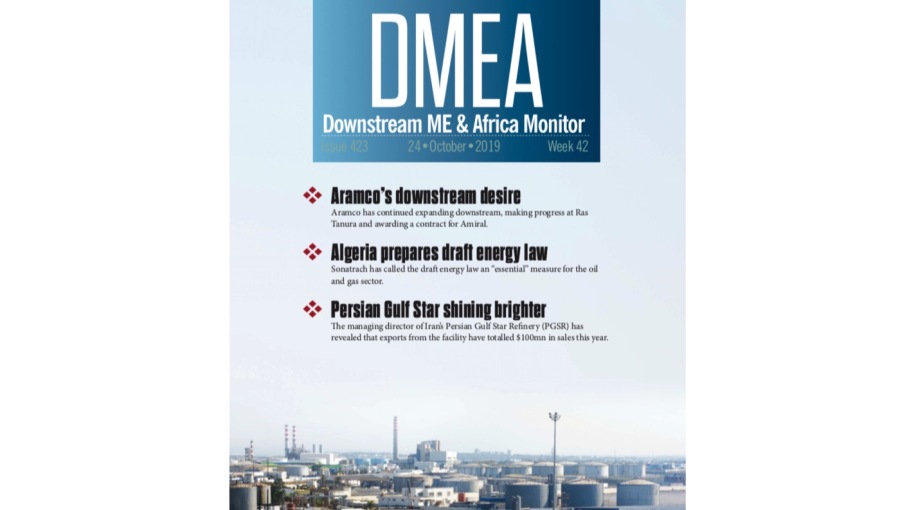DMEA: Baiji strike and Nigerian losses

This week’s DMEA covers the return of conflict to Iraq’s largest refinery and Nigeria’s hefty losses from the closure of its state-owned refineries.
Iraq’s refinery at the northern city of Baiji came under attack again this week when it was struck by a rocket.
The strike was first reported by the local Al-Hadath news agency, which said that one person had been killed in the blast and four others injured. No group has yet claimed responsibility for the attack.
The facility, located on the Baghdad-Mosul road and comprised of the Salah al-Din 1 and 2 units, was once the country’s largest at 310,000 barrels per day (bpd) but was severely damaged during the IS invasion and occupation.
Work remains ongoing to return the refinery to its former condition, with the country’s Ministry of Oil (MoO) announcing in January that a project had been completed to increase Baiji’s capacity.
This saw state-owned operator North Refineries Co. (NRC) double Baiji’s derivatives output capabilities from 70,000 bpd to 140,000 bpd.
Meanwhile, the state-owned Nigerian National Petroleum Corp. (NNPC) this week provided its financial statements for the 13 months to February 2021, which showed that it made a loss in each of those months as refinery utilisation remained at 0%.
The losses fluctuated between NGN5bn and NGN10bn ($12bn-24bn) per month to give a total loss of $253mn, with the firm highlighting that it had continued to pay operating expenses for the inactive facilities.
NNPC has repeatedly said that its 445,000 bpd capacity across its Port Harcourt, Kaduna and Warri refineries was shut in to prepare for an overhaul, but this only kicked off last month.
In a press release, the company said: “The declining operational performance is attributable to ongoing revamping of the refineries, which is expected to further enhance capacity utilisation once completed.”
In mid-July, NNPC said that works on Port Harcourt were in full swing, noting that the first refined products following the repairs are expected to be delivered by September next year. It will come back on stream in stages, with the full project not anticipated to be completed until late 2024, when it should reach 90% of its 210,000 bpd nameplate capacity.


Follow us online